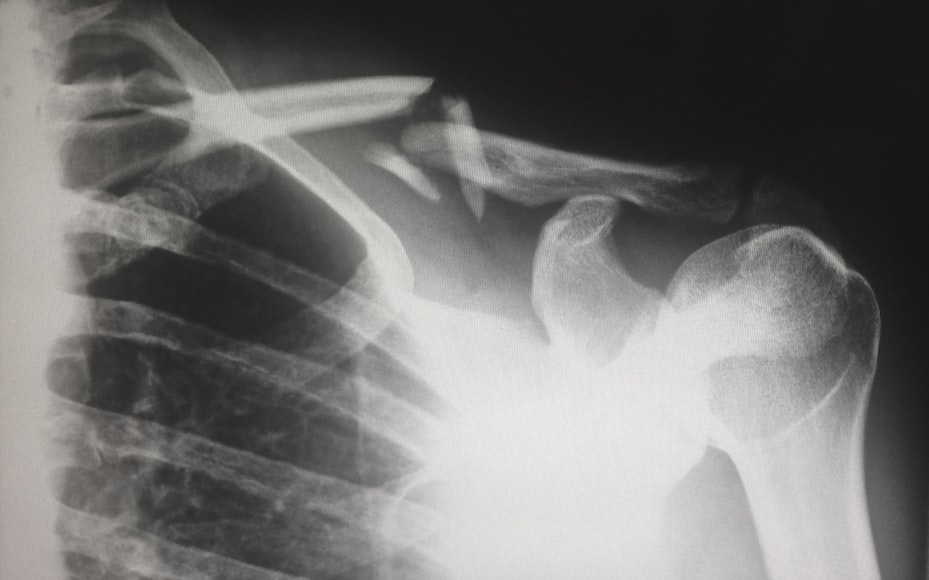5 Best Physiotherapy Exercises For Frozen Shoulder

If you are experiencing trouble lifting your shoulder or moving your arms around, you may be suffering from a Frozen shoulder. Usually, physiotherapy exercises for frozen shoulder effectively treat this condition, but, firstly, let’s get the idea of what the condition really is and what causes it?
Frozen shoulders (Adhesive capsulitis):
Frozen shoulder is also known as adhesive capsulitis.
This is a painful, frustrating condition that comes on slowly and may restrict your ability to lift your arms and move your shoulders normally. Patients with frozen shoulders typically experience pain inside their shoulder joints and stiffness that usually worsens at night and almost complete loss of rotation of shoulders.
When you are suffering from a frozen shoulder, your joint capsule tends to shrink before it thickens, resulting in extreme pain. See also How to reduce back pain.
Table of Contents
Causes of Frozen shoulder:
The causes of frozen shoulder are not well known in the medical community. No one quite has the answer for this. Some health conditions like Diabetes, thyroid issues, and cardiac diseases show an increased likelihood of frozen shoulder.
However, as medical experts don’t know the exact reasons for these conditions, some risk factors may be associated with the condition. However, Physiotherapy Exercises For Frozen Shoulder might help you out

Risk Factors For Frozen Shoulder:
People who are suffering from Frozen shoulder may fall into the following categories:
- Diabetics
- Systemic diseases like thyroid diseases.
- Parkinson’s disease.
- People aged between 45-60 years old.
Frozen shoulder affects 2-5% of the general population, and women are more prone than men.
Frozen Shoulder symptoms:
As mentioned earlier, Several unknown factors cause frozen shoulder.
You may consider having a moderate to a severe case if;
- You report pain that is a 4 on a scale of 1-103
- Experience pain while resting; irregular or constant.
- Pain may prevent you from doing most of the everyday tasks.
But three distinct stages of frozen shoulder can help diagnose and treatment of the Frozen shoulder. Also Physiotherapy Exercises For Frozen Shoulder might help you out
Stage 1: Freezing Phase
Imagine this phase of freezing ice cube; this is the stage where your shoulder is not fully frozen but starting to freeze. In this early stage of frozen shoulder, You can experience extreme pain and stiffness in the shoulders.
This stage can last for 3-9 months. Intensive treatments are not recommended during this stage. However, anti-inflammatory medication can be your best bet during this painful time.
Stage 2: Frozen Phase
In the second stage, you’ll experience the most stiffness. Moving from stage one to stage 2 can be very painful, but the dominating character of this phase is the inability to move your shoulder as the pain will begin to increase exponentially during this stage.
This stage can last between 9 to 15 months. Physiotherapy for a frozen shoulder can be beneficial in improving your motion, while pain relief medication can usually subside at this point.
Stage 3: Thawing stage
Again, remember the ice cube analogy. Stage 3 refers to your stiffeners and pain melting away.
Your frozen shoulder will thaw, and the range of motions begin to return.
This stage can last from 15 to 24 months, and the whole process can take about 30 months. However, in these stages, physiotherapy for the Frozen shoulder can be beneficial.
5 Best Physiotherapy Exercises For Frozen Shoulder
Medications can be very helpful in treating shoulder stiffness and pain. But the most effective treatment is physiotherapy exercises for frozen shoulder.
Here are the 5 best Physiotherapy exercises for frozen shoulders.
Passive Shoulder Range of Motion Excercises(ROM)
The drawback of frozen shoulder is severe loss of shoulder motion and altered shoulder motion; the best thing to do is working on your shoulder ROM. You may need someone’s help in doing these exercises.
Improving shoulder ROM can help you with flexion, abduction, and external rotation, and internal rotation of your shoulder. It is one of the best 5 Best Physiotherapy Exercises For Frozen Shoulder
Shoulder Towel Stretches
The towel internal rotation stretch is commonly referred to as “Hand behind back “and can help in stretching rotator cuff muscles. The pectoralis stretch should be performed to stretch the front of your shoulder. It is one of the best 5 Best Physiotherapy Exercises For Frozen Shoulder
Shoulder active range of motion exercises
After moving your shoulders passively, it’s time to stretch your muscles a bit more and using them normally.
These excercises are easy to do at home and can be performed several times a day. You should perform each exercise in abduction, flexion, internal and external rotation for 10-15 repetitions, 3-4 times a day.
Rotator Cuff Strengthening with a Resistance Band
Frozen shoulder is the condition where things get really tight. It means you should start working on improving the strength of your shoulder and rotator cuff muscles.
Improving your rotator cuff muscles can really help you with frozen shoulders, and it gets much easier with a resistance band. Use the band to strengthen your abduction, flexion, and rotations. You should perform at least 10-15 repetitions daily. It is one of the best 5 Best Physiotherapy Exercises For Frozen Shoulder
Scapular Stabilization Exercise
When you have frozen shoulders, you may try different exercises to improve the range of your motion. This motion will help to regulate the way you use your shoulder blade, and surprisingly this exercise doesn’t need any special equipment. You can perform this exercise at home. It is one of the best 5 Best Physiotherapy Exercises For Frozen Shoulder
Perform the prone row and prone I, Y, and T exercises daily, and make sure to check with your PT if you are doing these exercises properly. It is one of the best 5 Best Physiotherapy Exercises For Frozen Shoulder
FAQs
How to sleep with a frozen shoulder?
Put a pillow under your affected arm, and if you sleep sideways, make sure you don’t sleep on your affected shoulder.
How to cure frozen shoulder quickly?
Improve your range of motion through Physiotherapy excercises. Sometimes corticosteroids injected into the time joint capsule can be helpful too.
Is heat good for frozen shoulder?
People think that heat is effective in the frozen shoulders, but the frozen shoulder will respond better to cold than heat.
Book an appointment now, to answer all your queries. You can book an appointment with the top Physiotherapist.



